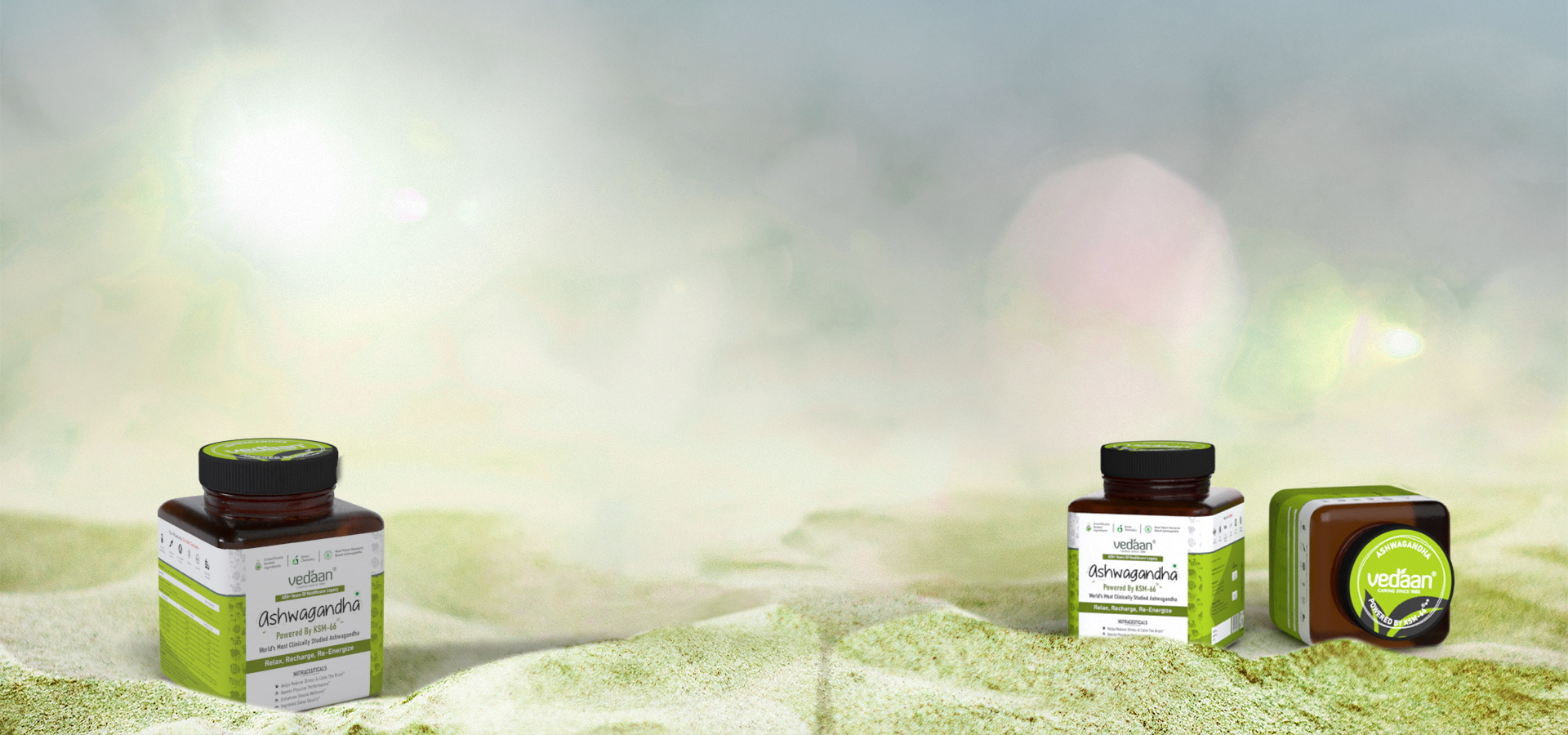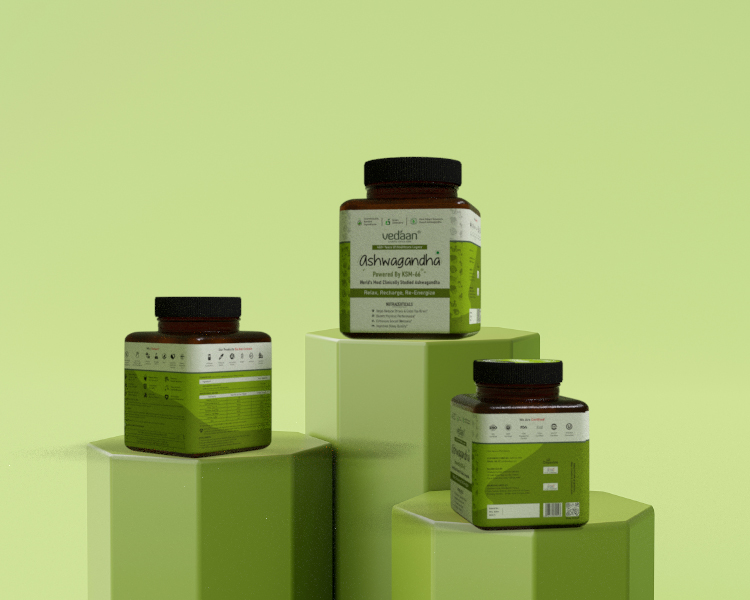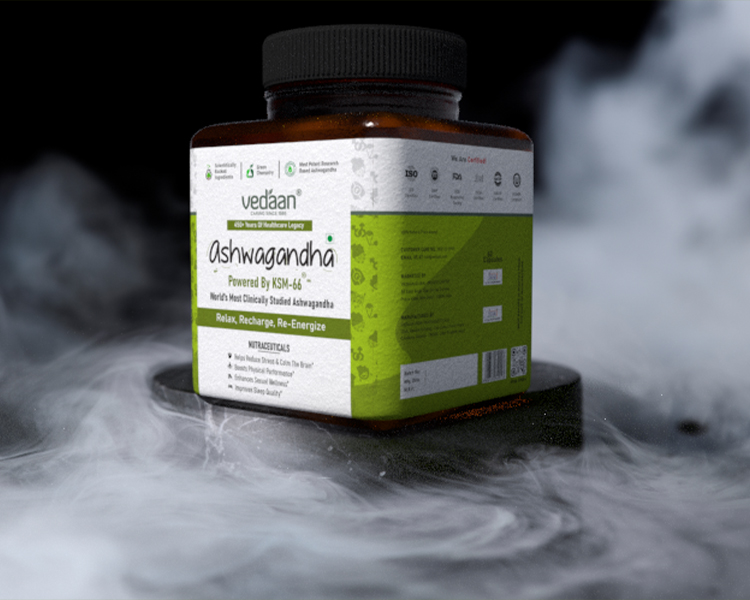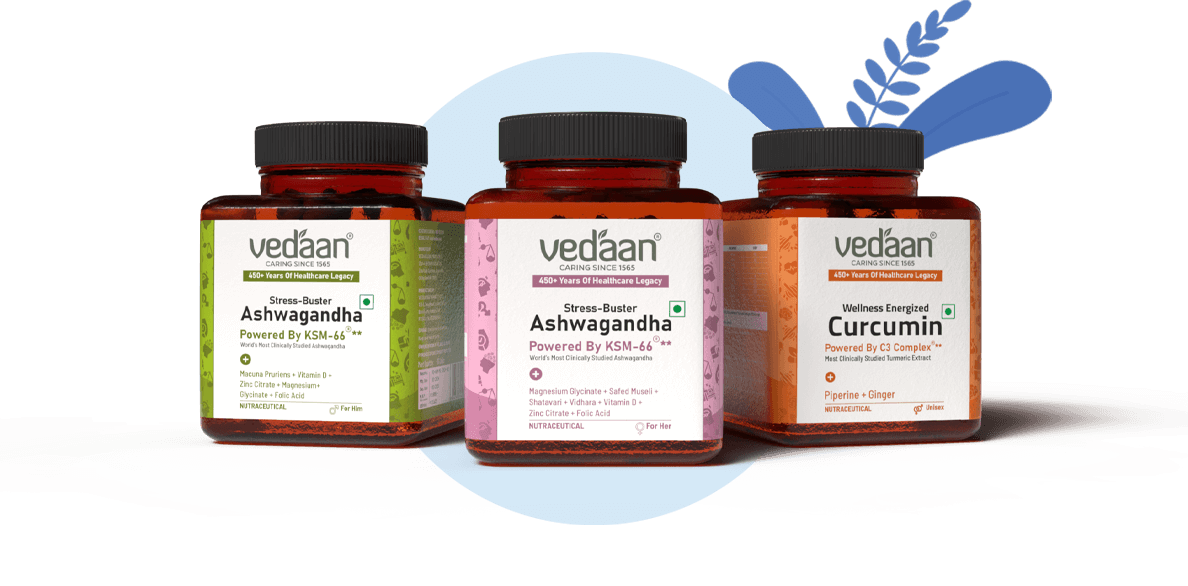Withania somnifera, often known as Ashwagandha, has become one of the most well-liked herbs in the natural products industry in recent years. This is because the nightshade family member’s dried and powdered roots have been used for millennia as a “Rasayana” (rejuvenator) in Ayurvedic, Unani, and sub-Saharan African traditions for a variety of conditions, including sleep issues, reproductive health, skin problems, digestive disorders, joint pain, immune support, and much more.
It is a type of medicine that has its roots in India. Ayurveda has been practiced for thousands of years. Still, the current interest in health, nutrition, and wellness have caught the attention of those who lead busy, contemporary lives and are looking for balance in their lives.
The herb, also known as Indian ginseng, is thought to offer anti-inflammatory properties, aid in pain management, and even positively influence mental health.
Benefits of Ashwagandha Roots
Ashwagandha, which has gained popularity as an “adaptogen,” performs admirably. Soviet research on herbs in the 1970s gave rise to the term “adaptogen,” which is now used to describe botanicals that increase stress resistance, normalize bodily functions, and are secure for long-term use.
Ashwagandha, holy basil, licorice, and Schisandra berry are recent additions to the category of adaptogens, which was first applied to ancient tonic plants, including Panax ginseng, eleuthero, and Rhodiola. These plants are thought to influence blood sugar levels, the hypothalamic-pituitary-adrenal axis, and sleep-wake cycles by modulating cortisol production.
Ashwagandha Nutrition for Rest and Stress Relief
Because it strikes a balance between calming and energetic effects, Ashwagandha makes a fantastic adaptogen. Numerous research shows how taking Ashwagandha for stress alleviation is beneficial. While Ashwagandha alone does not make you sleepy, it can be used with soporific plants like hops and valerian to induce sleep.
Ashwagandha improves our ability to unwind and let go of concern so that we may enjoy natural, recuperative rest and wake up feeling refreshed, as opposed to telling the body to push through and overcome stress. Before going to bed, Ashwagandha is a delightful and soothing approach to help you get ready for sleep.
Ashwagandha Capsules for Stamina and Energy
Ashwagandha is known to be combined with stimulating herbs like eleuthero and Rhodiola to support focus, calm, and energy without the jittery effects of caffeine. Modern research supports the traditional uses of Ashwagandha for boosting vitality and healing from sickness, including its capacity to increase physical endurance.
In a trial of 50 healthy athletes, the ashwagandha treatment of up to 1250 mg per day increased measures of athletic performance like oxygen-carrying capacity, muscle strength, and exercise endurance. However, to know the correct ashwagandha dosage, always consult a doctor. As we all struggle under mental, emotional, and physical strain, Ashwagandha offers the assistance we require, whether you are running a marathon on the road, at the office, or in a career.
Ashwagandha for Inflammation and the Immune System
Modern research on the immune system-modulating properties of Ashwagandha confirms the second set of traditional uses for the herb, including relieving sore joints, fostering resilience, and combating pathogens. In addition, scientists are increasingly learning that various chronic diseases, including cancer, diabetes, autoimmune diseases, cardiovascular disease, and degenerative neurological conditions, are brought on by protracted inflammatory states. Ashwagandha may prevent or treat any of these illnesses, as studies indicate that its active ingredients, including withaferin, may reduce inflammatory signal proteins and guard against oxidative stress. Ashwagandha has also been demonstrated to encourage the development of red and white blood cells.
Ashwagandha benefits from these same characteristics both during acute sickness and throughout recovery. Thus, Ashwagandha pairs well with other potent herbs like turmeric and ginger to relieve pain and support a robust immune system.
Dosage, Safety, and Side Effects of Ashwagandha
Studies have indicated that traditional daily doses of dried ashwagandha root powder, ranging from 250 mg to 1000 mg, are safe for up to 12 weeks. Nevertheless, if you wish to incorporate this herb into your daily regimen, always take your doctor’s assistance.
Alkaloids and steroidal lactones, also referred to as withanolides, are essential components of ashwagandha root. The number of withanolides in some goods is specified. It needs to be clarified precisely how metabolism works. Skin rash and digestive trouble are two uncommon yet possible side effects.
Although Ashwagandha is generally considered safe for use, there are several situations where it might need to be revised:
- Pregnant women should generally stay away from Ashwagandha.
- Ashwagandha should be avoided by people using immunosuppressant medications like cyclophosphamide because of its immune-stimulating properties.
- Ashwagandha should be used cautiously in those with hyperthyroidism or those who take thyroid hormone replacement therapy since it may increase thyroid function.
- Also, Ashwagandha is a heating herb; therefore, people who experience hot flashes or other heat-related disorders should stay away from it unless they use it in a method that balances the heating effect, like combining it with more cooling herbs.
- Additionally, this herb should be avoided if you are overweight or attempting to lose weight because it will have the opposite impact on your body.
In a nutshell, Ashwagandha is justifiably hailed as a miracle plant but should be used carefully and with knowledge on when to avoid it. All compounds have the potential to be either medicinal when used correctly or deadly when misused. You should consult a healthcare provider if you have an autoimmune illness.
The Bottom Line
Ashwagandha is a traditional medicine with numerous potential health advantages. According to study results, it may assist in a sound sleep, lessen anxiety and stress, and even enhance cognitive functioning in some individuals.
For the majority of people, Ashwagandha is regarded as relatively safe. However, before including Ashwagandha in your regimen, you should see a healthcare provider because it is only suitable for some.
Where to buy Ashwagandha?
Vedaan is regarded as the best ashwagandha capsule brand in India because of the top-quality products that it provides to its customers. You can get the pure ashwagandha KSM 66 from Vedaan, as our products are 100% original and certified.





